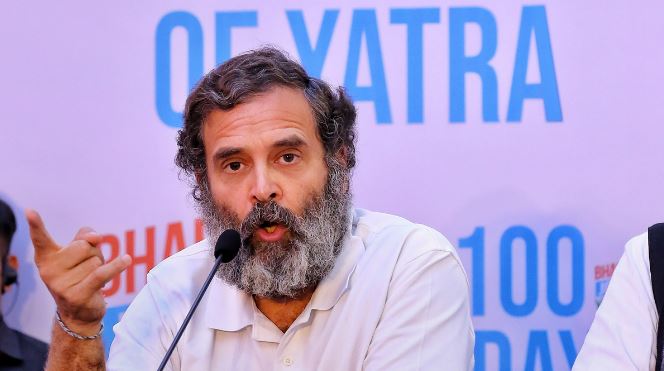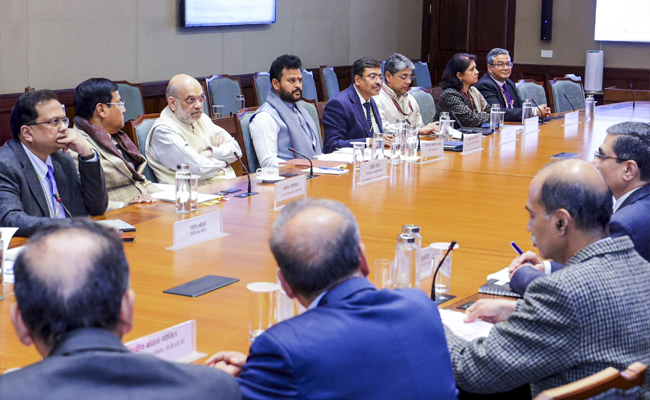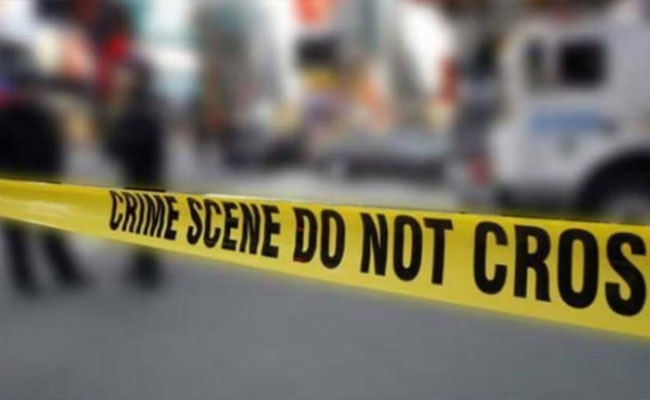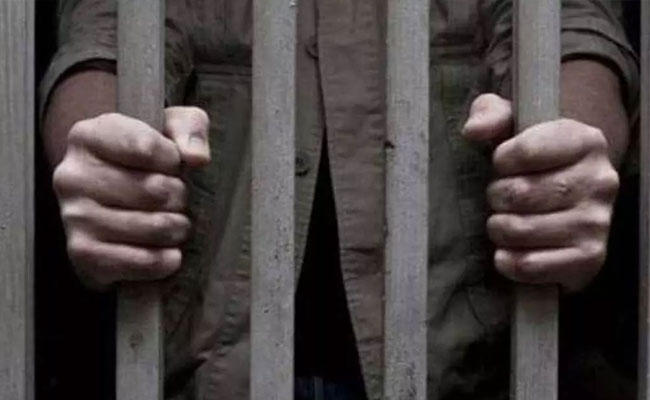Bengaluru, Mar 29: Congress leader Rahul Gandhi will begin the party's nationwide 'Satyamev Jayate' agitation on April 5 from Kolar, the very place where he made a remark on the Modi surname for which he was convicted of criminal defamation and was stripped of his Parliament membership, party state president D K Shivakumar said on Wednesday.
The KPCC chief said this during a joint press meet with senior party leader and former Union Minister Anand Sharma.
"The Rahul Gandhi disqualification issue began with his speech in Kolar. On April 5, Rahul Gandhi will come to Kolar and begin his Satyameva Jayate agitation from there, which will go across the country," Shivakumar said, adding, "We asked him to begin from here. He has agreed and the preparations are on for it."
Gandhi would give a "message of change from the very soil of Kolar", in the presence of AICC President Mallikarjun Kharge and other leaders, he said.
On March 23, Gandhi was sentenced to two years in jail by a court in Gujarat's Surat in a 2019 criminal defamation case over his "why all thieves have the Modi surname" remark. A day later, he was disqualified from the Lok Sabha restrospectively from the date of his conviction in the case.
Gandhi reportedly made those remarks in Kolar in April 2019.
Speaking about his disqualification as MP, Sharma said it was settled law that if there was any reference made to any unidentifiable and indeterminate community, no charge of criminal defamation could ever be levelled.
He said, "A non-existent charge of criminal defamation and maximum punishment (of two years) was given within three weeks, and subsequent disqualification in 18 hours. That's what happened. This judgment was a flawed judgment; it will be trashed and reversed by the higher judiciary."
Sharma pointed out that the Lok Sabha had hastened to disqualify Gandhi before he could even file an appeal against the court order, which he was entitled to do. He also said that the disqualification "does not hold water", as "no reference was made to the President in this regard." The Congress contends that Parliamentary procedure dictates that only the President of India has the power to disqualify an MP from Parliament.
Alleging that parliamentary democracy in India was not only under threat but that there was a siege on parliamentary democracy, Sharma said never before in the history of the country since Parliament was established and the first elections were held in 1952 had the opposition been "completely denied its voice".
The ruling party was derailing the budget session of Parliament by not allowing any discussion, he said, adding, "The message is clear: they (BJP) are rattled and scared that if there is a debate on issues that have been raised by Rahul Gandhi and Congress, BJP has many questions to answer. It is for the people now to judge."
Accusing the ruling party of making false allegations that Rahul Gandhi had made statements against India and its democracy, he said, "The Congress rejects the claims. Their agenda was not to allow Rahul Gandhi to speak."
He also reiterated the Congress' demand that the only way to comprehensively investigate the Adani corruption issue was through a Joint Parliamentary Committee.
Let the Truth be known. If you read VB and like VB, please be a VB Supporter and Help us deliver the Truth to one and all.
Palakkad (Kerala) (PTI): Five people have been arrested for allegedly beating to death a Jharkhand native on suspicion of theft near Walayar here a day ago, police said on Friday.
The arrests were formally recorded late Thursday night and all the accused have been booked for the offence of murder under the Bharatiya Nyaya Sanhita, an officer of Walayar police station said.
The deceased -- Ramnarayan Bhayar (31) -- was working as a labourer in the Walayar area.
According to police, Bhayar was attacked by a group of men on Wednesday evening, alleging that he was involved in a theft at Kizhakeattappallam near Walayar.
As per the FIR, the incident occurred before 7.40 pm, and the injured Bhayar was rushed to the Palakkad District Government Hospital, where he later succumbed to his injuries.
Police said a detailed investigation was underway to ascertain the sequence of events leading to the incident.





